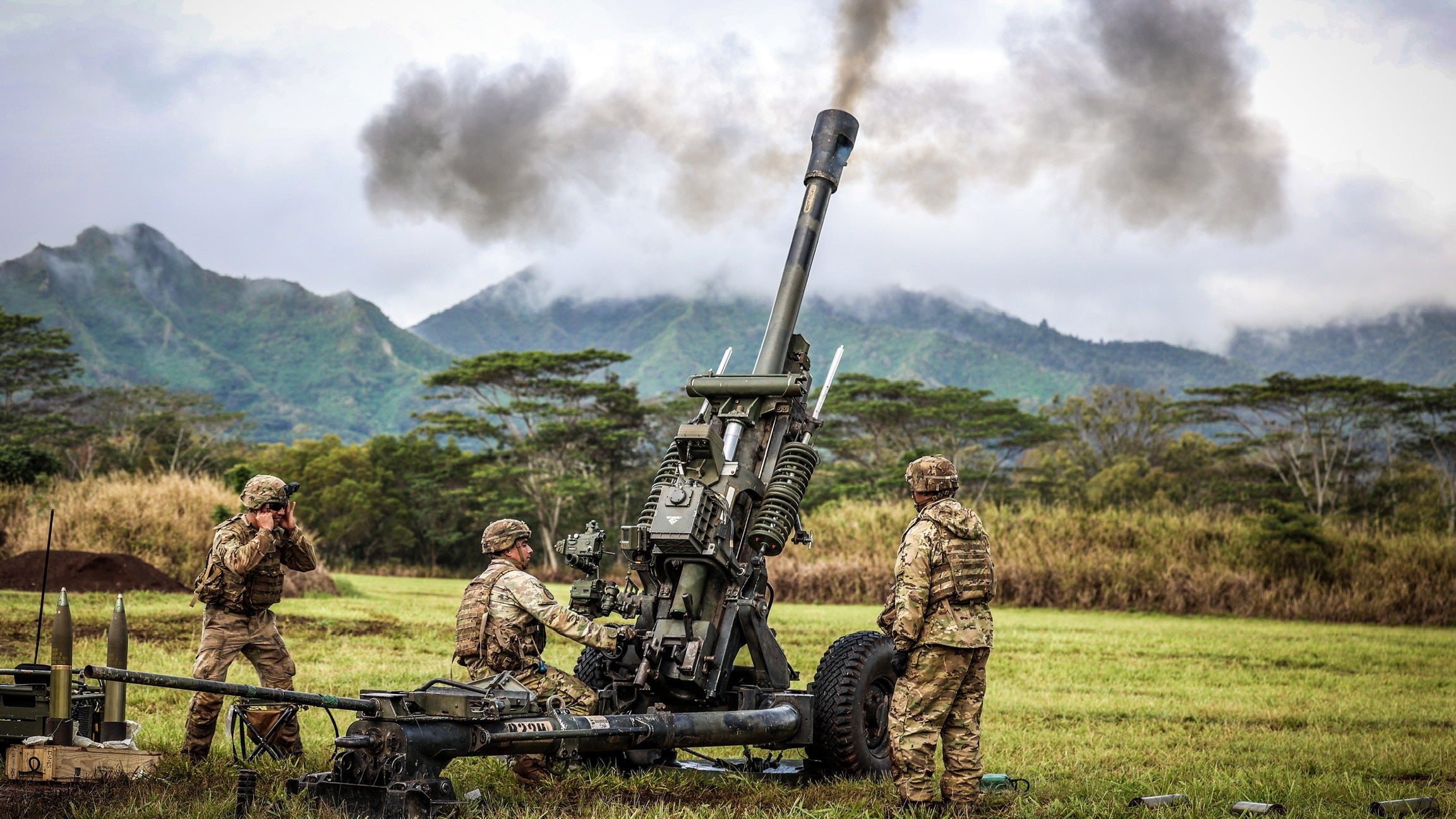Brown Encourages Cooperation on Multidomain Ops
Brown Encourages Cooperation on Multidomain Ops

Multidomain operations, the evolving future warfighting concept that is rapidly moving to doctrine, will work far better for the U.S. with the support of allies and partners than if the U.S. goes it alone, retired Gen. Robert Brown said June 2.
“Multidomain is the key to success in the future,” he said. “It must be done together. If not done right, we won’t succeed.”
Brown, executive vice president of the Association of the U.S. Army, speaking to a land warfare conference in London hosted by the Royal United Services Institute, said multidomain operations will require American military forces to work together for operations involving the land, air, sea, space and cyberspace domains. It also requires support from allies.
“There is an African proverb that says, ‘If you want to go fast, go alone. If you want to go far, go together,’ ” Brown said. “As we look to how to best integrate allies with varying levels of equipment into complex concepts such as multidomain operations, it's absolutely key we don't do it alone.”
In great-power competition, one of the biggest advantages the U.S. has over Russia and China is its network of alliances and partnerships, Brown said. There are challenges in integrating the forces in terms of systems, equipment and policies, but these are things that can be worked out with time and attention, he said.
The match between forces “is never going to be perfect,” he said. Even when nations have the same equipment, it could be a slightly different version that doesn’t fully integrate. Militaries have different command procedures and policies that also need to be resolved, he said, and that can be done by building relationships between the forces by exercising together. “Allies are key,” he said.
Brown has experience in the Indo-Pacific, having served as U.S. Army Pacific commander, and in Europe, where he was a NATO deputy commanding general and the U.S. Army Europe chief of staff. NATO was a way to reach a consensus on common systems and procedures, he said. The U.S. has major Indo-Pacific alliances, but there is nothing like NATO, requiring harder work on building relationships, he said.
Having allies and partners provides “positional advantages” in multidomain operations, he said.

